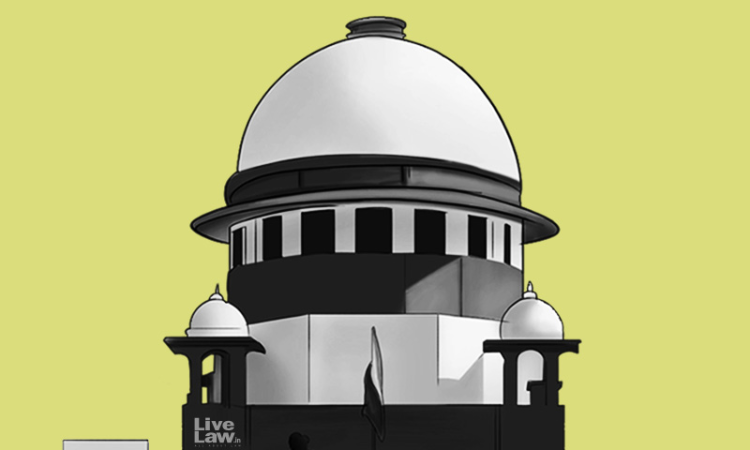Clause Barring Payment Of Interest Not Hit By Section 28 Contract Act : Supreme Court
LIVELAW NEWS NETWORK
6 Oct 2021 1:28 PM IST

Next Story
6 Oct 2021 1:28 PM IST
The Supreme Court has held that a clause in an agreement barring payment of interest on amounts security deposit, earnest money deposit or any other amount will not be hit by Section 28 of the Contract Act. According to Section 28 of the Indian Contract Act, a contract is void to the extent it restricts absolutely a party from enforcing his rights by usual proceedings in ordinary courts or if...
